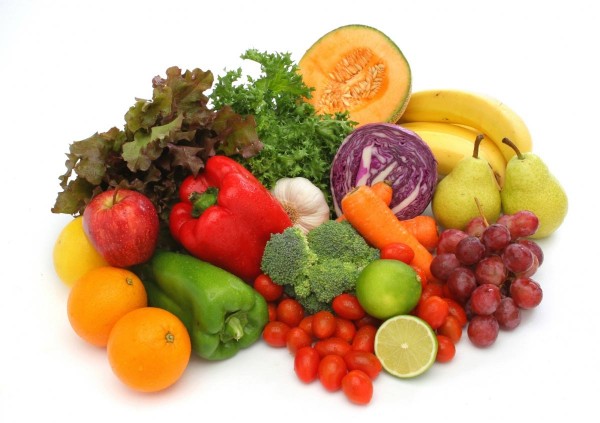Three year study finds Mediterranean diet could prevent loss of brain volume as you age
01/10/2017 / By Daniel Barker

A new study has provided evidence that the so-called “Mediterranean diet” can help prevent the loss of brain volume in older people.
The three-year study, published January 4 in the journal Neurology, found that a diet heavy on olive oil, fruits, vegetables, legumes and grains, with moderate amounts of fish, wine and dairy, and small amounts of red meat and poultry, helped those around the age of 70 to retain more brain volume compared to those who did not strictly adhere to the Mediterranean diet.
Lead author Michelle Luciano, PhD, of the University of Edinburgh, said:
“As we age, the brain shrinks and we lose brain cells which can affect learning and memory. This study adds to the body of evidence that suggests the Mediterranean diet has a positive impact on brain health.”
Mediterranean diet provides ‘long-term protection to the brain’
The findings reflect earlier studies showing a link between the Mediterranean diet and brain health, but this study is unique, according to the authors, in that it followed the subjects over a period of time, rather than taking one-time measurements.
“In our study, eating habits were measured before brain volume was, which suggests that the diet may be able to provide long-term protection to the brain,” said Luciano.
The study involved more than 950 Scottish seniors around the age of 70 who did not suffer from dementia.
From Medical Xpress:
“Of those people, 562 had an MRI brain scan around age 73 to measure overall brain volume, gray matter volume and thickness of the cortex, which is the outer layer of the brain. From that group, 401 people then returned for a second MRI at age 76. These measurements were compared to how closely participants followed the Mediterranean diet. …
“People who didn’t follow as closely to the Mediterranean diet were more likely to have a higher loss of total brain volume over the three years than people who followed the diet more closely.”
The researchers found that those who followed the diet lost only half the amount of brain volume compared to the effects of normal aging.
No changes in cortical thickness or gray matter volume were found.
Interestingly, the researchers found – contrary to the results of other studies – that consuming more fish and less meat did not appear to have an effect, leading Luciano to suggest that other components of the Mediterranean diet may be responsible for its brain-boosting benefits, or that perhaps it’s due to “all of the components in combination.”
What exactly constitutes a Mediterranean diet?
It should be noted that the Mediterranean diet is not one particular group of dishes or ingredients – it is rather a general regional trend that includes many variations. These cuisines, which include Greek, Italian, Spanish and others, tend to contain common elements such as seafood, red wine and olive oil – all of which are produced in the Mediterranean region.
So, even though there is not one convenient definition of what constitutes the Mediterranean diet, the overall emphasis is on fresh fruits and vegetables, lean sources of protein, legumes and grains, and olive oil rather than butter.
Such a diet is not only good for the brain, but also for managing a healthy weight and preventing heart disease and diabetes. Studies have also found the diet to be effective in preventing strokes, reducing inflammation and lowering the risk of depression.
Another important difference between the Mediterranean diet and that which many Americans practice is that it includes few processed foods. Added sugar, preservatives, artificial flavorings and other questionable ingredients are a big contributor to health problems and obesity in the United States.
Any diet that includes fresh, unprocessed (preferably organic) ingredients will always be healthier than the junk that passes for food many Americans consume on a daily basis.
So, if you’d like to live to a ripe old age while keeping your mental faculties in sharp working condition, the Mediterranean diet may be right for you!
Sources:
Submit a correction >>
Tagged Under:
brain health, cognitive function, elderly, health, Mediterranean diet, seniors
This article may contain statements that reflect the opinion of the author
RECENT NEWS & ARTICLES
COPYRIGHT © 2017 TOP 10 GROCERY SECRETS





















